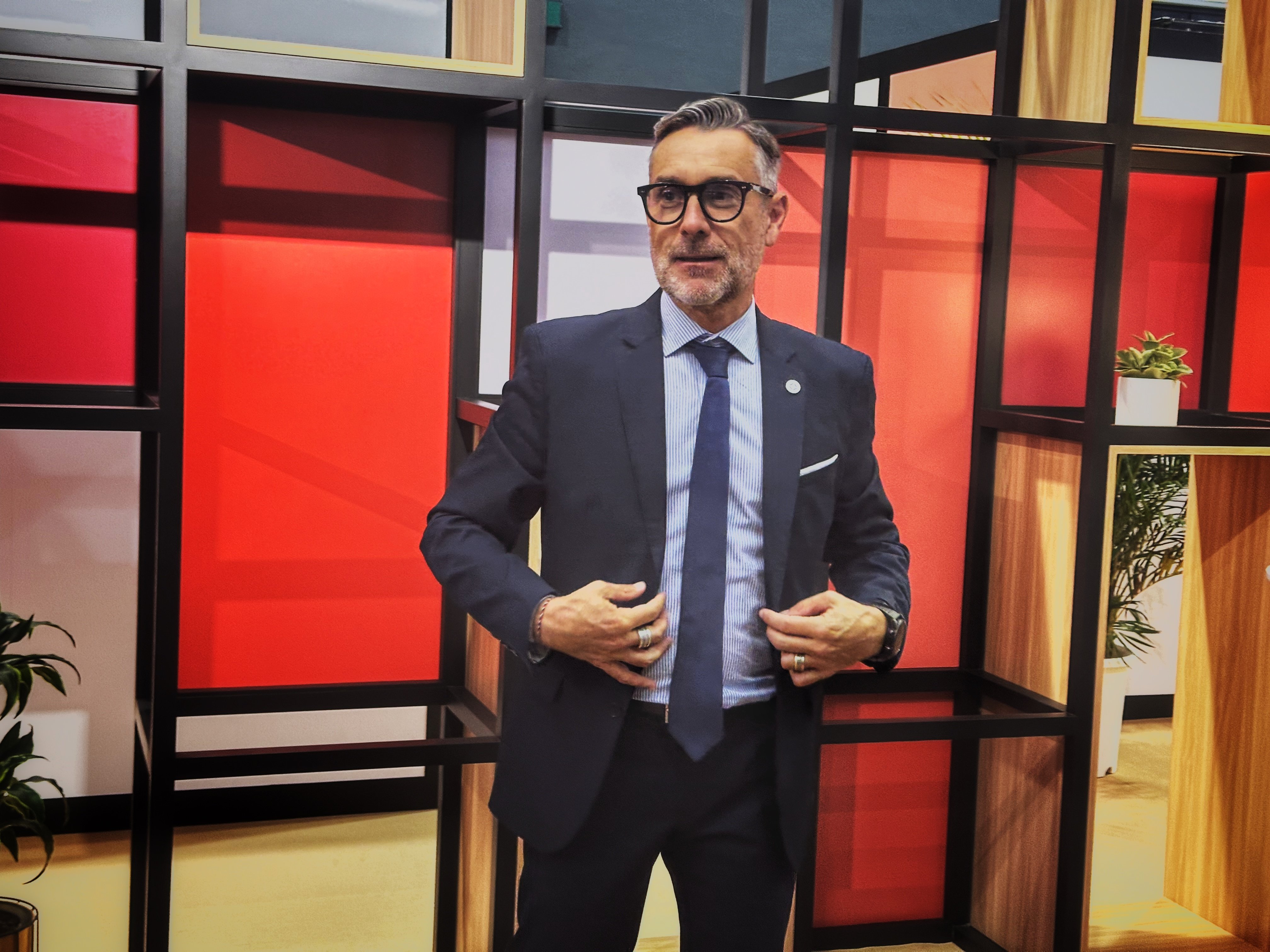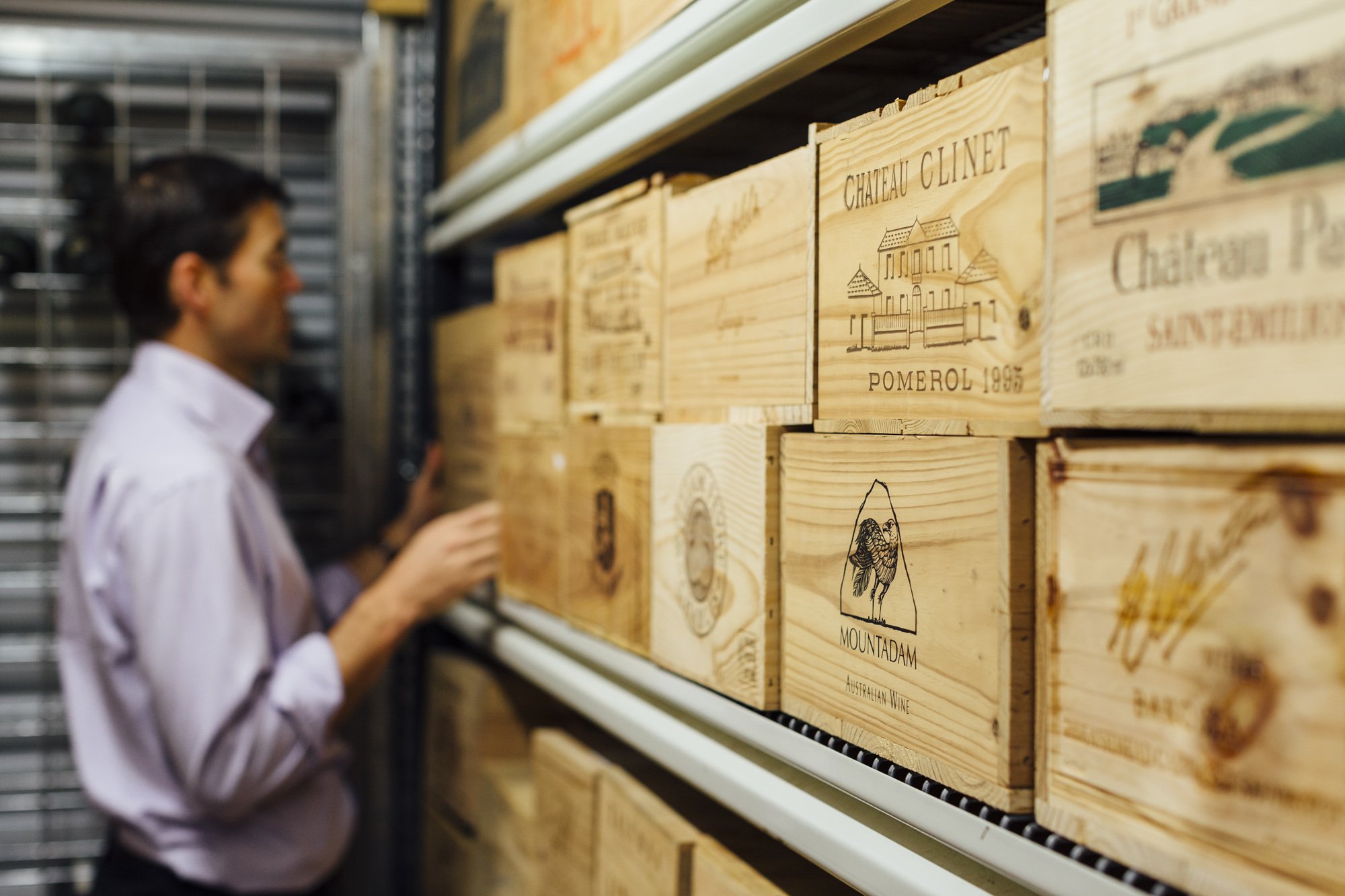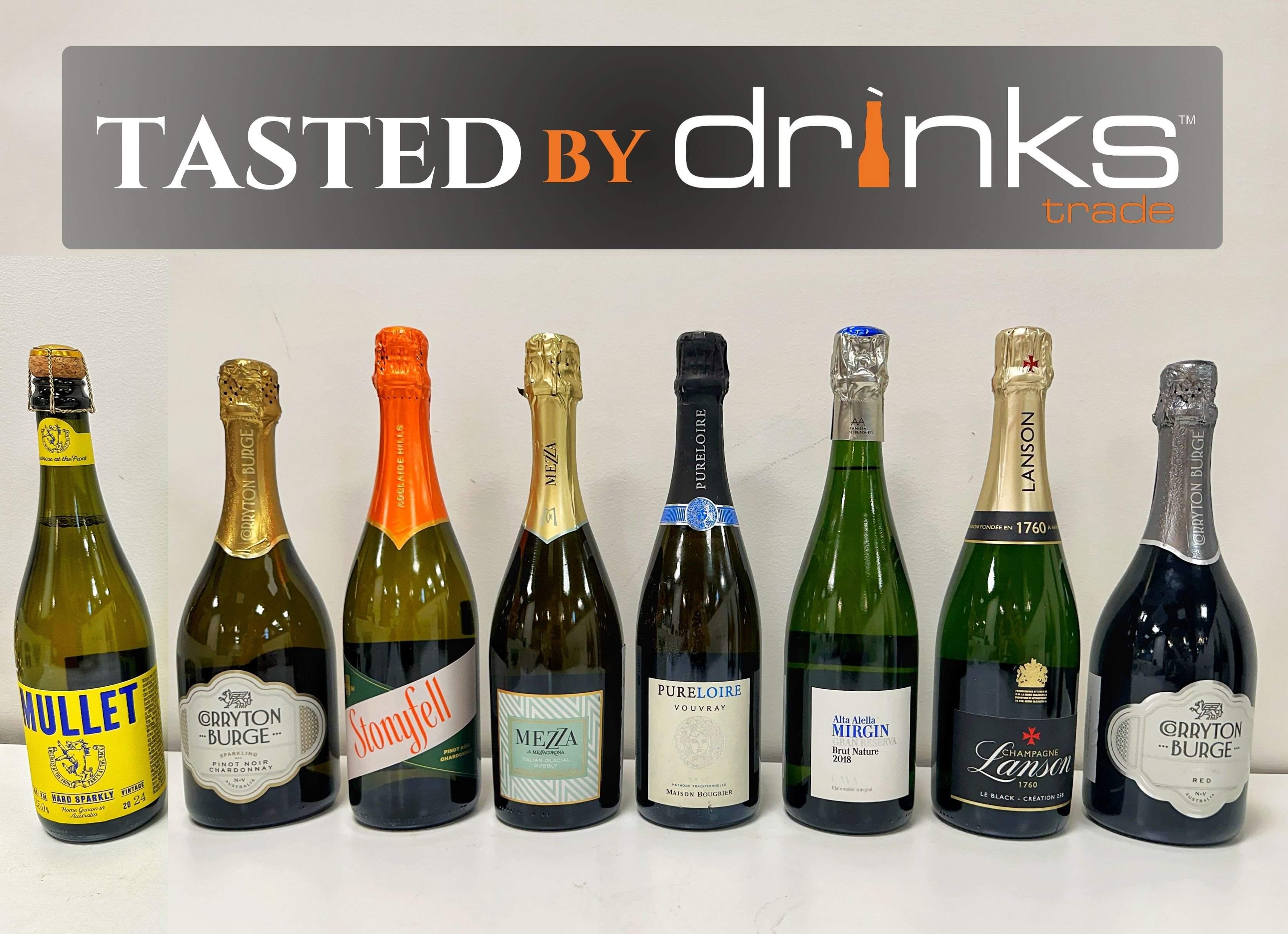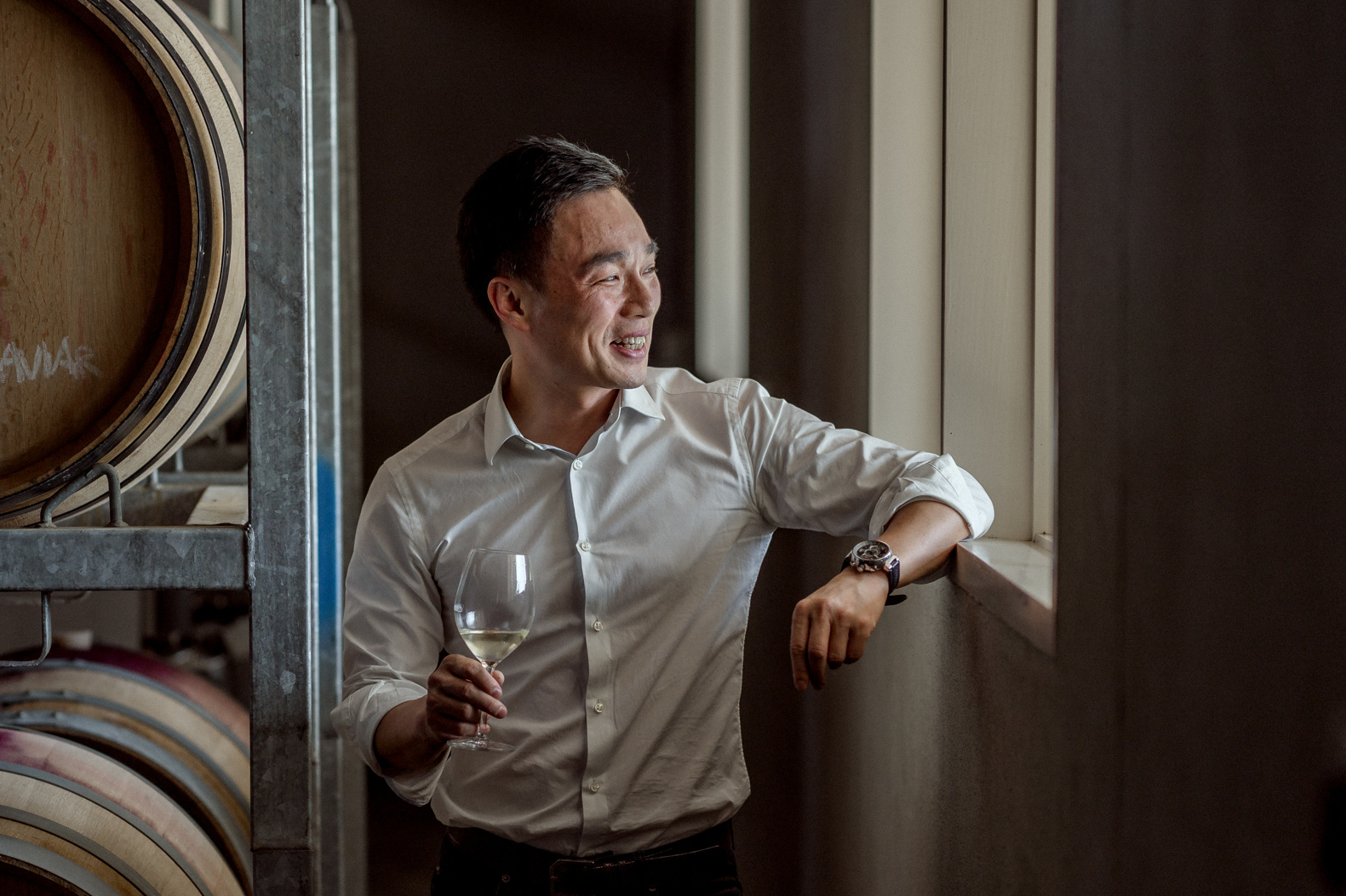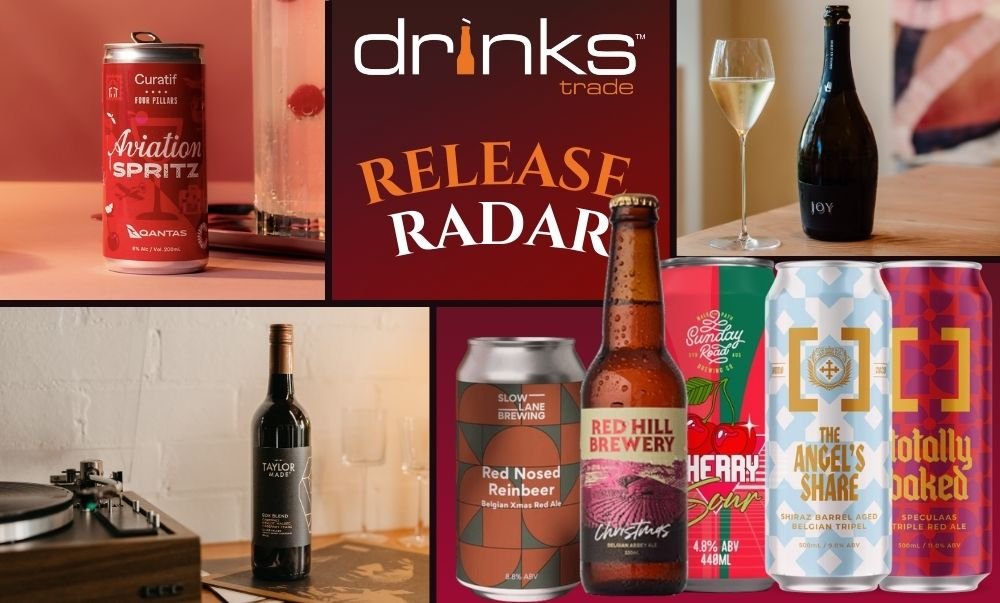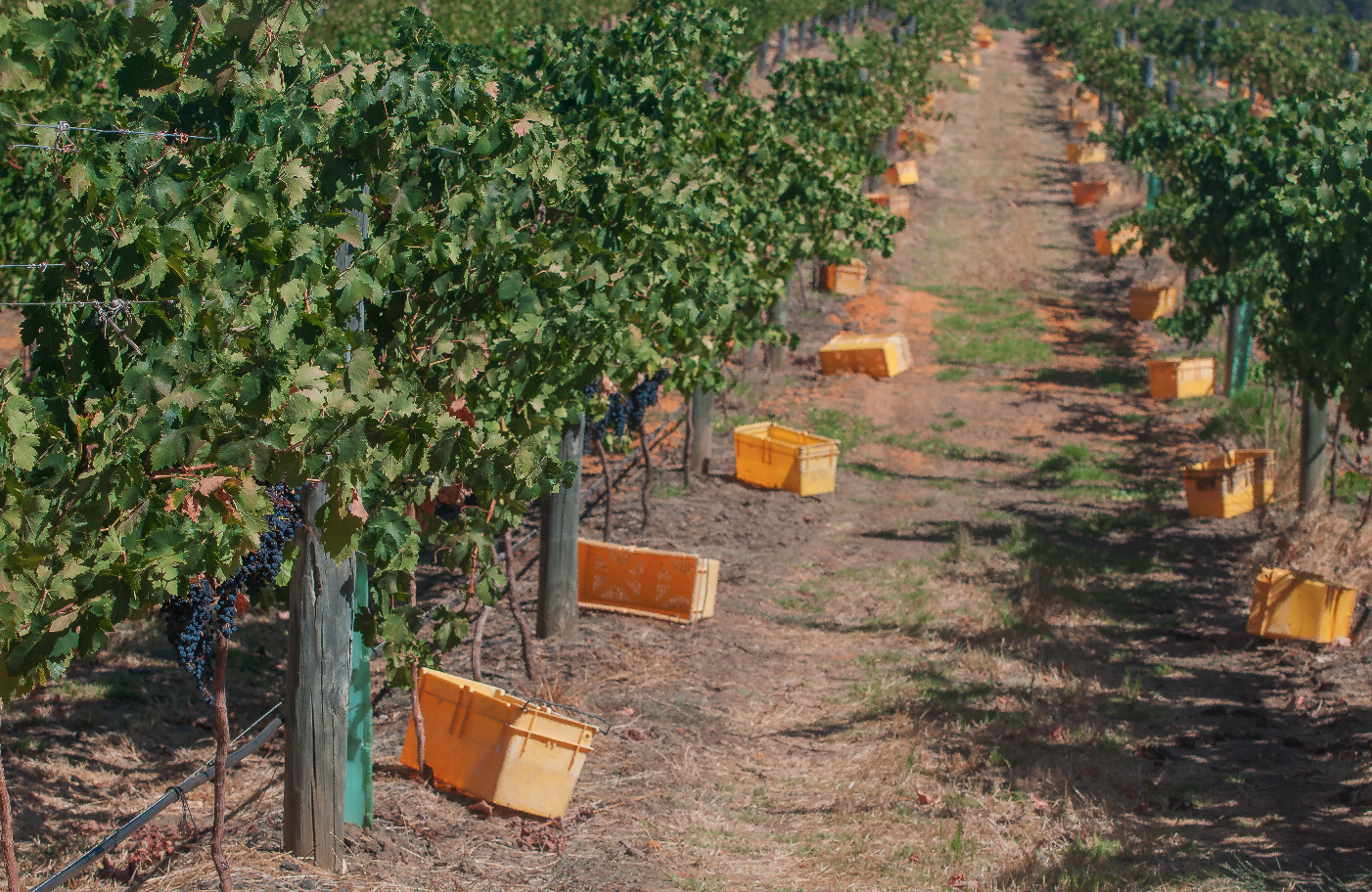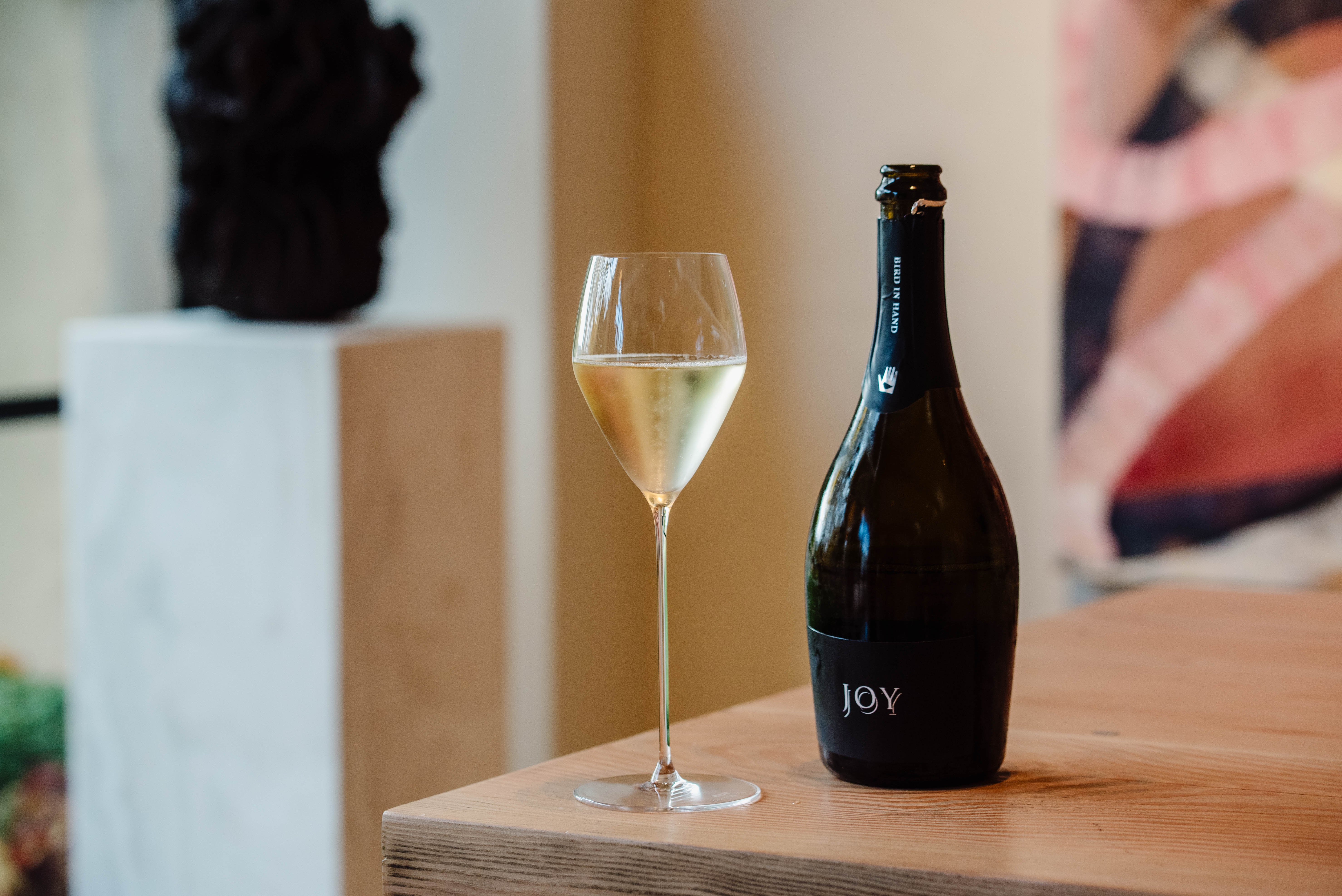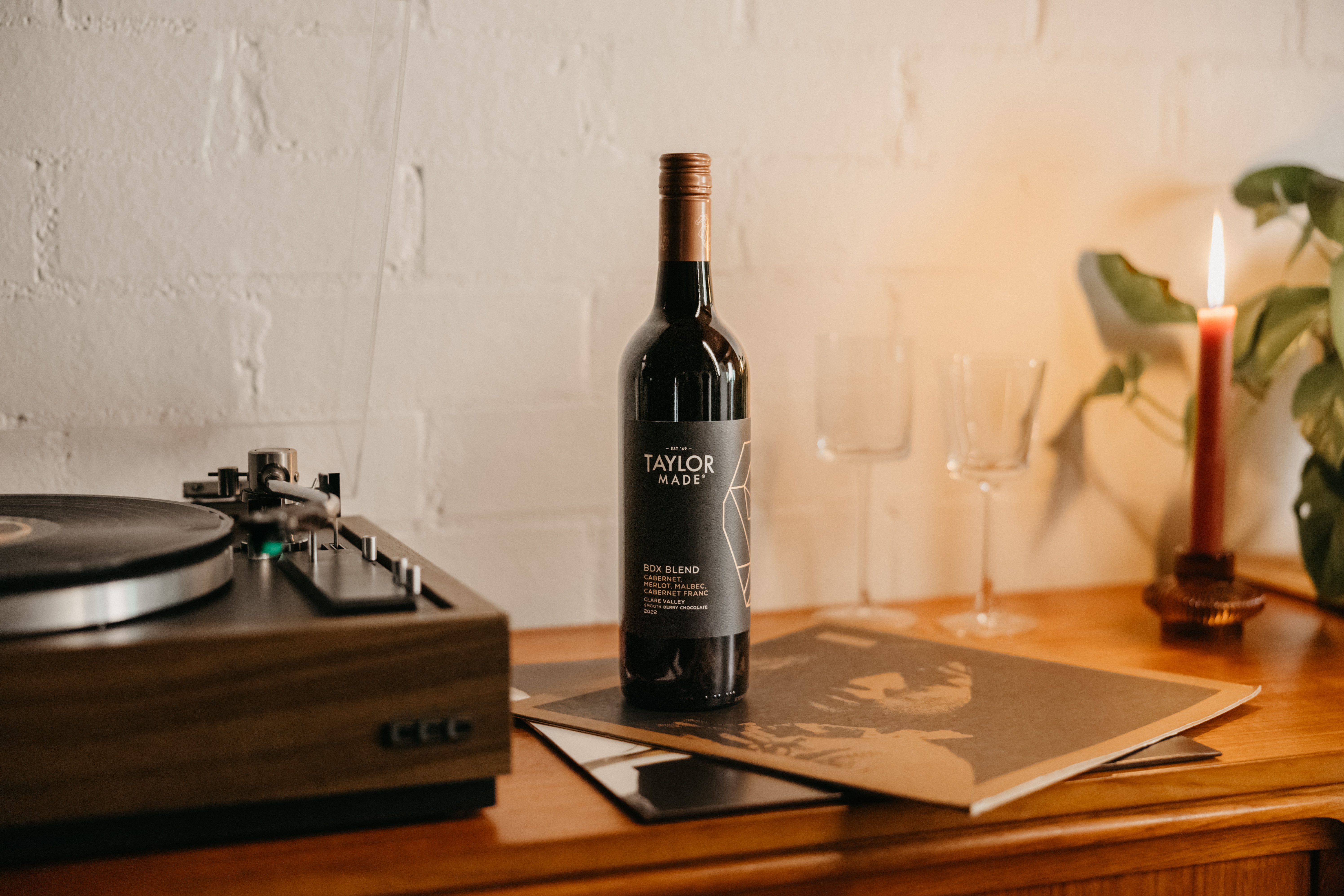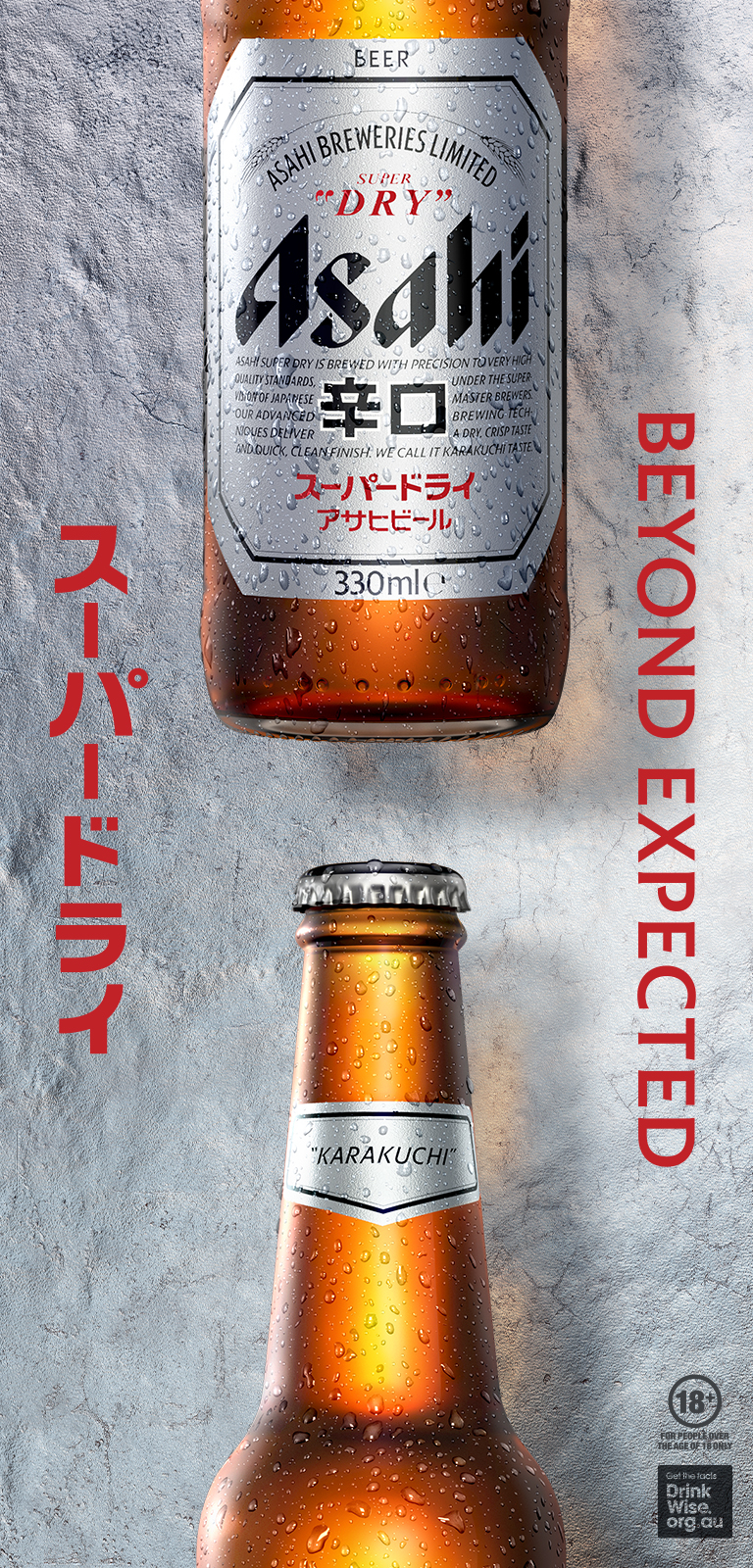This morning, Drinks Trade staff sat down with Rodolphe Lameyse, CEO of Vinexposium, to discuss Vinexpo Asia 2024, emerging market trends, and the politics of wine.
Drinks Trade: Today is day three of Vinexpo Asia… I’m sure by now you’re ready for a bit of a break?
Rodolphe Lameyse: The break will be short because in fact we have the same show in America!
DT: How much prep work goes into trade shows of this scale?
RL: When you organize a trade show it takes more than 12 months, 12 months in advance, but the last few weeks before the trade show are very, very busy because this is where the details are happening, where everything might happen, so you have to be extra cautious.
Our flagship is in Paris, this is where we are having most of the work, but Asia is second and America is third.
DT: Do you feel the 12 month timeline makes it difficult to keep the events in touch with the most current trends?
RL: We have a specialized team, actually. So we have a team which is in charge of only taking care of the conferences and the masterclass. They are the ones who really nail what's relevant per market, per trade show, and they are also ready to adapt whenever there is something new happening.
DT: What was your focus for this show, Vinexpo Asia 2024?
RL: The focus for this show was the big question mark about, okay, is China back in the game? What is the potential of development in China? What does it take to do business in China again? That was the main focus of the conferences.
Besides that, you had always the tastings dedicated to showcase the specificity, for instance, of Napa yesterday or the Pacific wines today. So, I mean, a trade show is a fine balance between business, network, learning, and entertainment.
DT: Back to the reopening of China. As CEO of Vinexposium, what's your take?
RL: I mean, with the Chinese market, it's always an interesting market. It's a huge market. This is by far the largest market in terms of wine with the U.S… It's also a market where you can easily get banned or get tariffs on your head. And I know Australia, you went through that for three years, and if you're out of business for three years, it's very, very difficult because you lose your connection, you lose your market shares, and to regain those market shares, it's always very difficult.
Nevertheless, I was very happy to see that during the last three days, the trade show, there was a huge crowd around the Australian booth. It means that the interest in Australian wine is very high. And hopefully, there will be a lot of business and contracts signed between Australian wineries and Chinese distributors.
But you have to be always extra cautious about the factor that can jeopardize your business, and most of the time, these factors are not linked at all with wine itself, it's linked with something else. We know the drill in Europe with [the] Airbus-Boeing crisis: there is some threat around Brandy because of discussions between Europe and China around electric car battery subsidies. So this is the point; you are always the victim of somebody else.
DT: What role do you think international trade events such as Vinexpo have in the political space? Do you feel as though Vinexposium could become a political body?
RL: Honestly, we want to be. Camille [Cordasco] here is in charge of all institutional relationships. It's a job that was not existing before, and the aim of it is to liaise government bodies together. So are we part of the negotiation? Not at all. Are we acting like a go-between? Absolutely.
Take the example of the opening ceremony: the French ambassador was here. He flew specifically from Beijing, meeting the Hong Kong minister. I know there has been a lot of discussion in the background, but it's definitely to showcase the support of France and Europe in this context. This is what we do in our European flagship. We have lots of ministers, lots of embassies attending a trade show. This is not for the beauty of the picture. This is because wine is a diplomatic element. It's soft power in some cases. And in a month from now, we do expect to have the French trade minister opening our show in the US. So definitely we have a job to do in this, and we accept that without any problem.
DT: Do you feel as though wine trade shows are becoming more or less important now that technology has made the world so much more connected?
RL: You know, we tried this four years ago. We tried to do it without any trade show. It was called COVID-19: It didn't work. So, we are back in business and I think we are here forever because people realize that wine business requires to be face-to-face around a glass.
Of course, the development of technology probably helped us to travel less, which is good for the carbon footprint.
DT: In your opinion, what are the most important trends currently emerging in wine?
RL: One element that I can quickly highlight is there is this wave (is it a big wave or a small wave? I don't know yet) but this wave of NoLo. I don't know if you have this in Australia, but there is this demand of Nolo, which I've not seen here [at Vinexpo Asia], so this is interesting for me… Maybe there is a couple of folks that are looking for it, but I don't think it's a trend yet.
DT: A lot of our readers are in the wine trade and are probably wondering what the cost of entry is to have a booth at an event such as Vinexpo. Can you talk about the costs and benefits of Vinexpo compared to other big events such as Prowein?
RL: No, I'm sorry. The reason I don't want to go into the details is because comparison is not reason. I think [other international trade shows] have their own value proposition, we have a different one.
DT: Can you explain that value proposition?
RL: We are a show where the brand/the winemakers themselves come to meet the genuine buyers, and we are genuine in the sense that this is an important trade show. I think they are more focusing on the distributor side and importer side. I think this is the main difference.
Of course, there is overlaps between. But we are two different kinds of products. Two different market segments, I would even say.
DT: Where do you see the wine industry heading in the short/medium/long term?
RL: It's very difficult to answer… I think the winning category are going to be where there is a strong marketing made. This is a real change that I've seen over the last years; it's that wine needs to be marketed now, like any product. It's not an FMCG - definitely not - but this is a product that needs marketing as well. There are so many labels here. There are like five to six thousand labels. You need to be a marketer now to make sure that your label is different from another. And that your product is different from another. And that your packaging, your price, etcetera, etcetera, works.
DT: Last question… What do think are the strengths of Australian wine?
I think, of course, Shiraz from Australia has a very, very important role to play. I would also put some bets on sparkling from Tasmania, which are very interesting, among my favorites, actually, and I would encourage probably more (even though we don't see them so often) but Margaret River wines to be part in the development of their market in China.
Drinks Trade staff caught up with Rodolphe Lameyse at Vinexpo Asia 2024. More exclusive interviews and insight gathered from the show will be posted here soon.
Share the content
